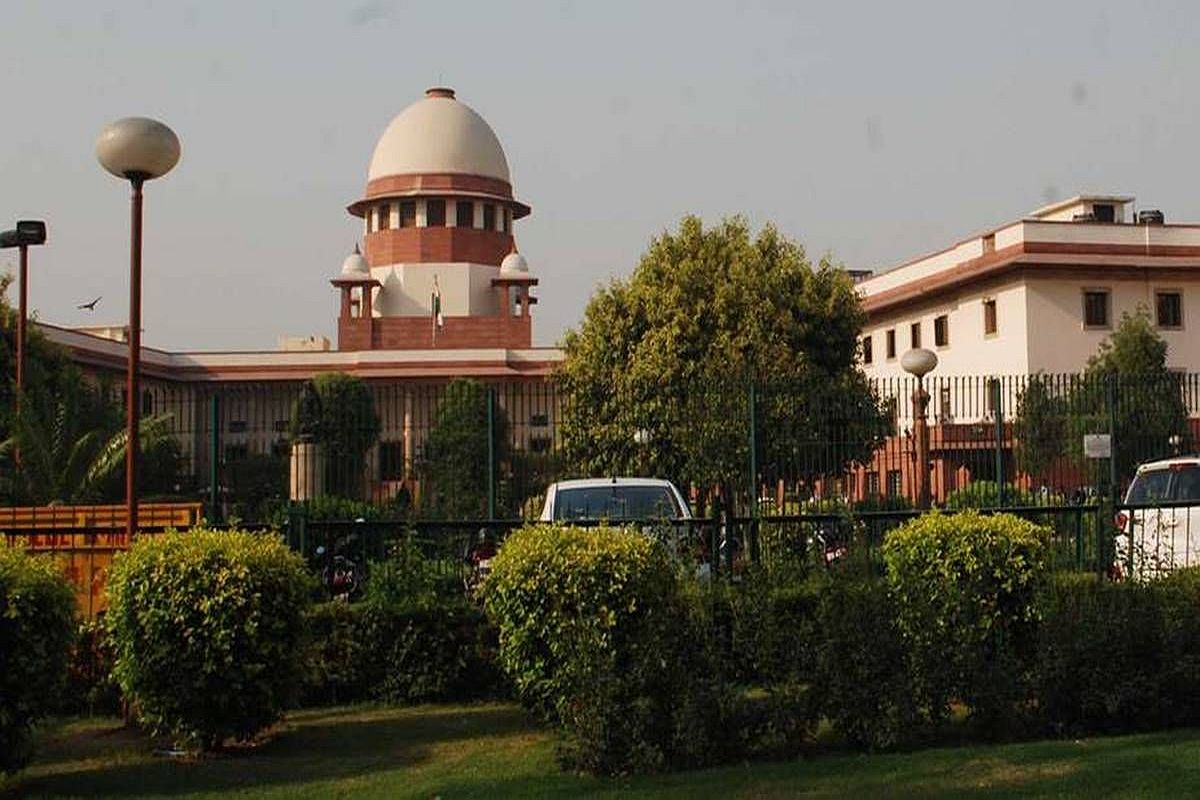India’s Got Latent: SC issues notice on YouTuber Ashish Chanchlani’s plea against FIRs
SC issues notice on YouTuber Ashish Chanchlani’s plea to quash or transfer FIR in India’s Got Latent case; tagged with Ranveer Allahabadia’s petition.
On March 20, last year, a two-judge bench had ruled that no one can be arrested under the Scheduled Castes and the Scheduled Tribes (Prevention of Atrocities) Act without prior permission.

Supreme Court (Photo: SNS)
A three-judge Consitution Bench of the Supreme Court will review its March 2018 verdict that banned immediate arrests on any complaint filed under the SC/ST Prevention of Atrocities Act.
The top court’s ruling comes on a review petition filed by the centre last year.
Advertisement
On March 20, last year, a two-judge bench had ruled that no one can be arrested under the Scheduled Castes and the Scheduled Tribes (Prevention of Atrocities) Act without prior permission.
Advertisement
The court also ruled that anticipatory bail can be granted if “no prima facie case is made out or where on judicial scrutiny the complaint is found to be prima facie mala fide”.
The bench said a public servant can be arrested under the Act only after permission is obtained from the appointing authority.
In case the accused is not a public servant, the court said that the approval of the Senior Superintendent of Police (SSP) will be necessary.
Widespread violence was witnessed following the Supreme Court order on the SC/ST Act.
The Central Government then filed a review petition, but the Supreme Court didn’t immediately stay its verdict.
According to media reports, the government was under severe pressure from its allies and the opposition to file the review petition.
However, the Parliament on August 9 last year, passed a bill to overturn the apex court order concerning certain safeguards against arrest under the Scheduled Caste and Scheduled Tribe law. The Scheduled Castes and the Scheduled Tribes (Prevention of Atrocities) Amendment Bill was passed by the Rajya Sabha. It had got the nod of the Lok Sabha on August 6.
The amendments rule out any provision for anticipatory bail for a person accused of atrocities against SC/STs, notwithstanding any court order. They provide that no preliminary inquiry will be required for registering a criminal case and an arrest under this law would not be subject to any approval.
Following this, the Supreme Court earlier this year, refused to stay the SC/ST(Prevention of Atrocities) Amendment Act, 2018 that rules out any provision for anticipatory bail for a person accused of atrocities against Scheduled Castes or Scheduled Tribes.
The top court observed that the petitions against the amendment and review pleas against its March 20 judgement should be heard together.
Advertisement